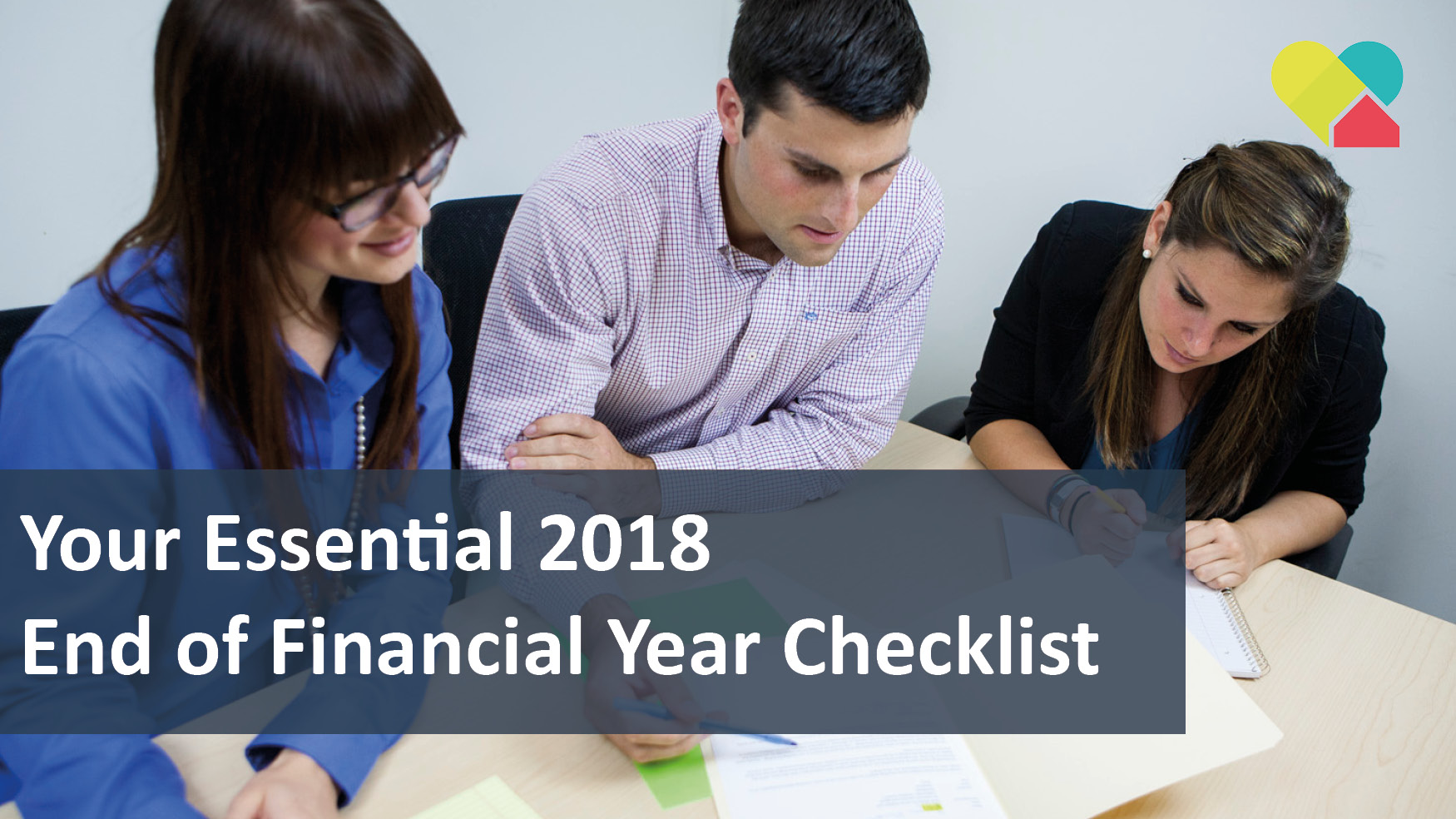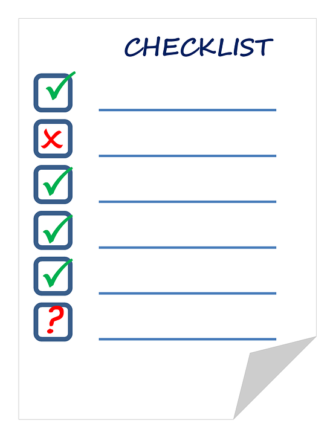
Your Essential 2018 End of Financial Year Checklist
The end of the financial year is just around the corner and it can be an especially busy time for investors.
So, with that in mind, here are a number of issues that retirees and property investors must get in order to tackle this time of year.
- Superannuation
After the age of 60, many investors opt to reduce their working hours or perhaps cease working altogether because of their proactive financial decision-making during their working lives.
As well as having time back on your side, if you cease an employment arrangement on or after the age of 60 that means you have reached a condition of release, which triggers a change to the pension status in your super.
What does that mean in reality?
It means that the earning, including capital gains, within your super will be taxed at zero and your pension payment will be taxed at zero, too.
You can still be employed, because the condition is an age-based trigger, not one of actual retirement.
However, you need to check with the trustee of your fund to ensure the governing rules allow for this and, if not, a change may be required.

- Pension payments
When it comes to pension payments, they must be made in line with the minimum and maximum pension payments allowable.
Once a condition of release has been accepted by your fund, there may also be the ability to pay a lump sum outside of the pension.
Depending on your age, a minimum payment of at least four per cent is required and, if not paid out, then the fund will lose its pension status and therefore go back to having earnings and payments taxed – and that’s not ideal.
- Prepayments
If you’ve had a particular lucrative year, you can also consider reducing your current year’s taxable income by pre-paying allowable expenses, however, that will mean you can’t claim them again the next year.
As an investor you may be able to prepay expenses such as:
- Council and water rates
- Insurance up to 13 months
- Interest expenses, but only if you are on a fixed interest agreement
- Write Offs
There are a number of other expenses that you may be able to write-off for the current financial year to potentially reduce your taxable income.
Some of these include:
- If you have refinanced a loan or sold a property where you had outstanding Lenders Mortgage Insurance, then the balance can be written off in the year.
- If you own an investment property with other people, you could look at how depreciation is allocated as there may be value in having a Split Depreciation Schedule for certain fixtures and fittings.
- If you renovated a property that was purchased prior to 9 May 2017, you could write off any balance of depreciable items that you destroy or throw away. Purchases post that date can longer claim depreciation on fixtures and fittings unless the new owner has paid for the additions.
- Trusts
Trusts are becoming an increasingly popular ownership structure for investors, but they require diligent record keeping and especially at tax time.
You must ensure that you have completed trust minutes and resolutions prior to June 30 which identify the required distributions to each eligible party.
It’s important to note that these resolutions will be different depending on the type of trust being used – which are within the three broad categories of discretionary, fixed and hybrid trusts.
Make sure you have fully researched your entitlements when completing your tax return this end of financial year.

